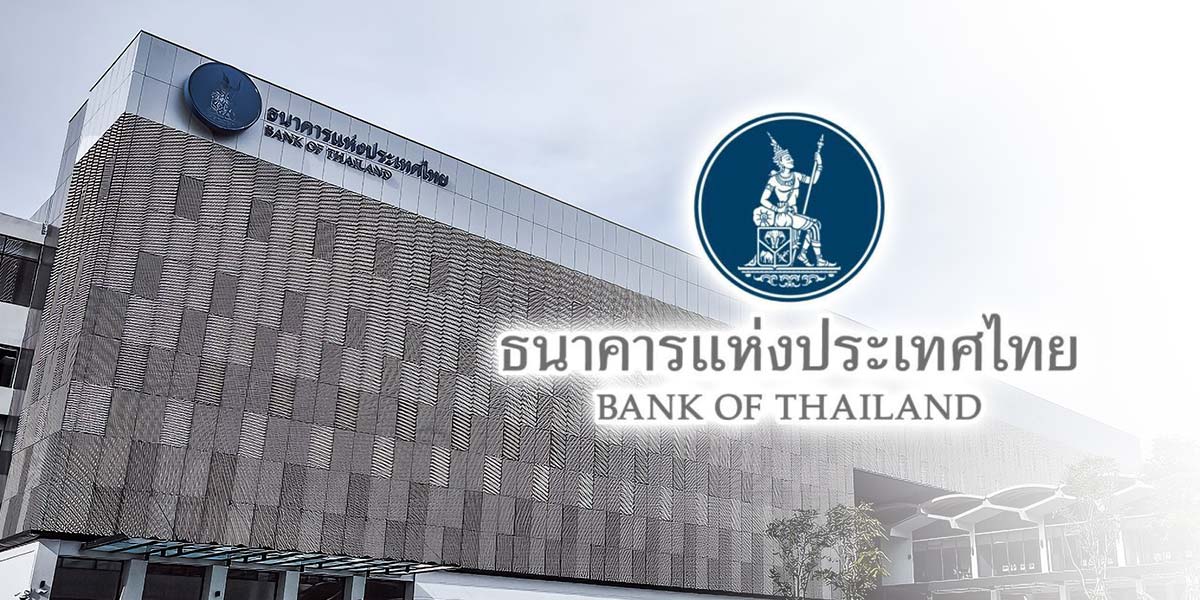Officials noted on Wednesday that the Bank of Thailand (BOT) will keep its monetary policy accommodative as the nation’s economy faces a quarterly dip for the first time in nearly three years. Meanwhile, the central bank remains prepared to adjust its policy framework if conditions require, amid projections of muted economic growth through the end of 2025.
Deputy Governor Piti Disyatat told a recent policy forum that monetary policy is not inhibiting economic expansion and emphasized the need for combined fiscal and monetary measures to boost growth. The BOT forecasts GDP to rise 1.5% year-on-year in the third quarter and 1.3% in the fourth quarter, but expects the economy to contract by 0.5% quarter-on-quarter in Q3 before a modest recovery of 0.5% in the final three months of the year.
Senior Director Pranee Sutthasri stressed that the contraction, the first in 11 quarters, “is not a sign of danger for the economy.” According to her, temporary factory closures and production stoppages aimed at improving efficiency led to the decline—a circumstance also seen during the pandemic. She expects the reopening of factories and government stimulus to underpin economic recovery in Q4.
Headline inflation is anticipated to turn positive by the second quarter of 2026, returning to the central bank’s 1%-3% target band in early 2027, the BOT said, with minimal risk of deflation. “If deflationary risks begin to emerge, monetary policy will need to change,” BOT Assistant Governor Sakkapop Panyanukul noted.
The BOT unexpectedly held its one-day repurchase rate steady at 1.50% earlier this month. Policymakers have cut the benchmark rate four times over the past year as Thailand contends with U.S. tariffs, persistently high household debt, and a strong baht. According to meeting minutes, the effects from prior rate cuts are still working their way through the economy, and a continued accommodative stance is warranted. The BOT aims to ensure the baht’s movements better reflect economic fundamentals.
Full-year GDP is forecast at 2.2% for 2025 and 1.6% for 2026, while last year’s growth lagged regional peers at 2.5%. Governor Vitai Ratanakorn has indicated the bank stands ready to reduce rates further if necessary to spur inflation and growth.
Following these, the next rate-setting meeting is scheduled for December 17, with some economists anticipating another potential rate cut.





